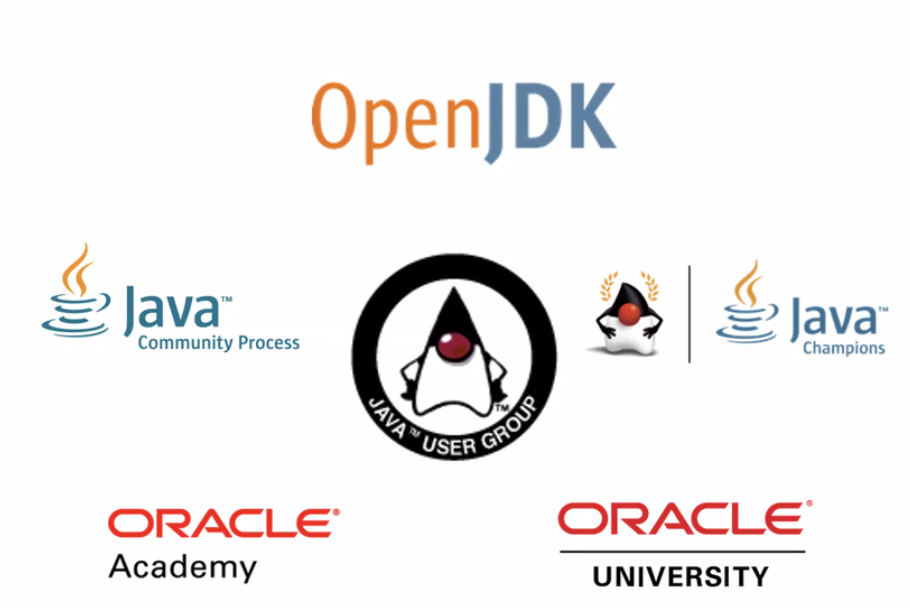
"One of the biggest annoyances of Java has always been the amount of code needed to write even "Hello World." This is a barrier for new users. Oracle wants to do something about this. "Paving the on-ramp" is therefore receiving a lot of attention, including in the pre-briefing we attended on Java 25. A good example of this is JEP 512 (Compact Source Files and Instance Main Methods). New users can write their first programs without needing extensive knowledge of the language."
"A good example of this is the Vector API (JEP 508), which is now in its tenth incubation version. The Vector API helps developers perform vector calculations that are commonly used in AI inferencing and compute scenarios. In addition to the Vector API, there are several other JEPs related to AI. JEP 507 (Primitive Types in Patterns, instanceof, and switch) is in its third preview. This should make Java more uniform and expressive (i.e., easier to use). According to Oracle, this will mainly help with integrating AI inferencing into applications. JEP 511 (Module Import Declarations) also plays a role in this. It makes libraries easier to reuse."
Java 25 is released as a Long-Term Support (LTS) version featuring 18 JDK Enhancement Proposals (JEPs). The release places strong emphasis on AI capabilities and additional measures toward Post-Quantum Cryptography (PQC). JEP 512 (Compact Source Files and Instance Main Methods) reduces boilerplate so new users and administrators can create small programs quickly. The Vector API (JEP 508) advances vector calculations for AI inferencing and compute scenarios. JEP 507 adds primitive types in patterns, instanceof, and switch to improve expressiveness and AI integration. JEP 511 simplifies module import declarations to make libraries easier to reuse. JEP 505 and JEP 506 address structured concurrency and scoped values for multi-threaded AI workflows.
Read at Techzine Global
Unable to calculate read time
Collection
[
|
...
]